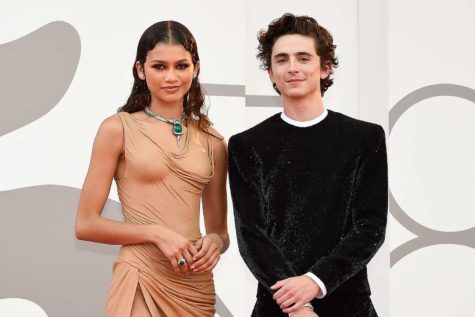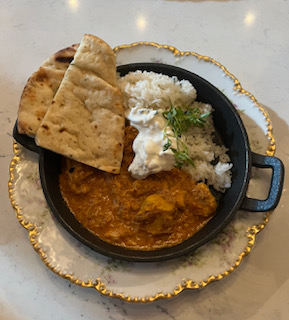French Presidential Candidates Down to the Final Two
May 6, 2017
France’s first round of votes in the 2017 presidential election were cast on April 23, placing Marine Le Pen and Emmanuel Macron as the top two contenders for the presidency. François Fillon and Jean-Luc Mélenchon were the runner-ups in the first round, with 11 total candidates in the election. Le Pen and Macron combined took less than 50% of the vote, with Macron taking the highest percentage. If any single candidate gets a simple majority in the first round, they become president. The first round of the presidential election serves to shorten the list of candidates.
Many divisive issues played into the election, such as membership in the European Union, globalization, unemployment, and the war on terrorism. Michael Kretzschmar, a French student-teacher, stated, “It was critical, the issue of globalization, in the election for [French citizens]. They are part of many global organizations and their current century is being defined by that.” French citizens are left to choose between Macron, a 39 year-old independent, and Le Pen, from the National Right Party. French citizens perceive Le Pen as extreme, while others believe she will protect France. Macron originates from the socialist party, but began his own rallying cry, “En Marche!” symbolizing moving France forward. Macron wants more police to combat ISIS and is a supporter of E.U. membership, whereas Le Pen is sharply opposed to globalization. If elected, Le Pen plans to hold a referendum on E.U. membership and decrease immigration. Some French citizens perceive Le Pen as extreme, while others believe she will protect France. The election comes at a time when France is practically ejecting their president, with his approval ratings at 4%. French teacher Madame Albertson remarks, “It’s unheard of. It’s impossible to have 4%.” His unpopularity is spurred by a variety of factors, including immigration issues, mishandling a personal breakup, terrorist attacks, and France’s 9.9% unemployment rate.
While it is a heated election, France has laws in place that limit campaigning. Campaign length and airtime are controlled in addition to a no-campaigning rule the day before the election. Albertson explains, “It gives them a time for people to talk amongst each other, and among friends and family, and kind of decide and reflect quietly without being bombarded by politicians.” Elections also take place on Sundays, which can be a benefit as many have that day off.
Kretzschmar concluded, “The way that they have their two rounds of elections and their financing setup—it is interesting how it’s conducive to more than two parties.” The first round gave the French a choice between the right and center of the political spectrum, not simply the left and the right. French voters will decide on May 7 in the second round of the 2017 presidential election whether Le Pen of Macron will ultimately take office.












